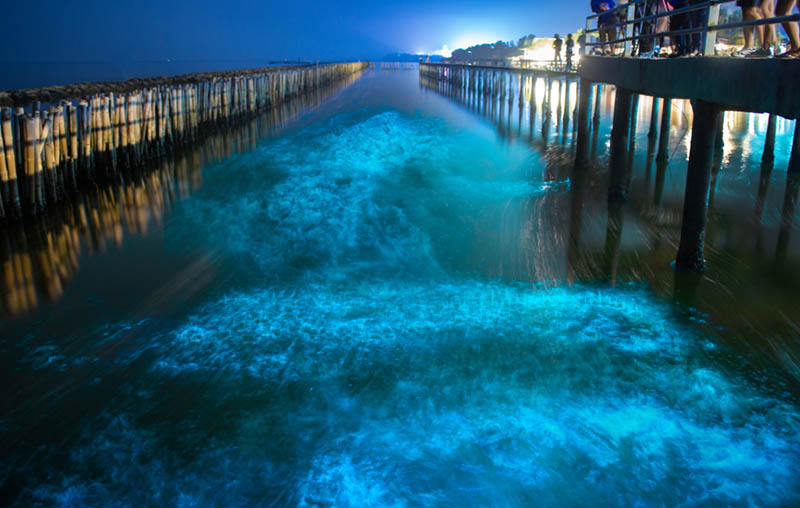Swimming and Diving Safety

Drowning accounts for 1 out of 10 deaths in U.S. travelers abroad. It is the leading cause of death in U.S. travelers visiting countries where water-related activities are popular, such as Fiji, the Bahamas, Jamaica, and Costa Rica.
If you will be spending time in or around water on your next trip, follow these tips to stay safe.
Prepare for Water Activities
Before your trip and before you participate in water-related activities at your destination, take the following steps:
- Research local water conditions, currents, and rules.
- Ask about local sea animals, such as urchins, jellyfish, coral, and sea lice. A sting from a sea creature can spoil your trip with severe pain and the need for immediate first aid, and in rare cases can be fatal.
- Follow any guidance from local instructors and officials before boating, scuba diving, or participating in water-related activities.
Before swimming in the ocean, take the following steps:
- Pay attention to colored beach flags posted on the beach, which indicate if it is safe to swim or not. Make sure you understand and follow local warnings.
- Watch for signs of rip currents (water moving quickly away from the shore), which can forcefully pull you away from the shore. If you are caught in a rip current, swim parallel to the shore until free from the rip current, then swim diagonally toward the shore.
Take Steps to Protect Yourself and Your Travel Companions

Bioluminescent Water: Look, Don’t Swim
Bioluminescent water is created by algal blooms that can produce toxins (poisons) and make people and animals sick if they swim in, breath in or consume affected water.
Follow these steps to protect yourself and others from water-related injuries and drowning:
- Wear a life jacket on boats or whenever you participate in water recreation activities.
- Never swim alone in unfamiliar waters. Even if you are a strong swimmer, rip currents or other circumstances beyond your control can occur.
- Do NOT drink alcohol before or during swimming, diving, or boating.
- Alcohol affects balance, coordination, and judgment.
- Aldcohol use is involved in 3 out of 4 adolescent and adult deaths associated with water recreation.
- Do NOT dive in shallow water. Always enter the water using your feet first.
- Look for obstacles (like rocks or fallen trees) in the water that could cause injury.
- Supervise children closely around water. Drowning is a leading cause of death for children ages 1 to 14 years.
Scuba Diving
- Make sure your gear, such as scuba masks and tanks, is properly fitted and maintained.
- Understand the risks and potential injuries that may arise during or after diving, such as decompression sickness (DCS).
- DCS, also called "the bends," occurs when moving too quickly from an area of high pressure (deep under water) to low pressure. DCS can obstruct blood flow or oxygen to the tissues, which can be very painful and sometimes fatal.
- To prevent DCS, avoid flying for more than
- 24–48 hours after a dive that required decompression stops (pauses in your ascent)
- 12 hours after surfacing from a single no-decompression dive (without having to pause during your ascent)
- 18 hours after repetitive dives or multiple days of diving.
More Information
- CDC Yellow Book: Scuba Diving: Decompression Illness & Other Dive-Related Injuries
- Child Safety and Injury Prevention: Drowning Prevention